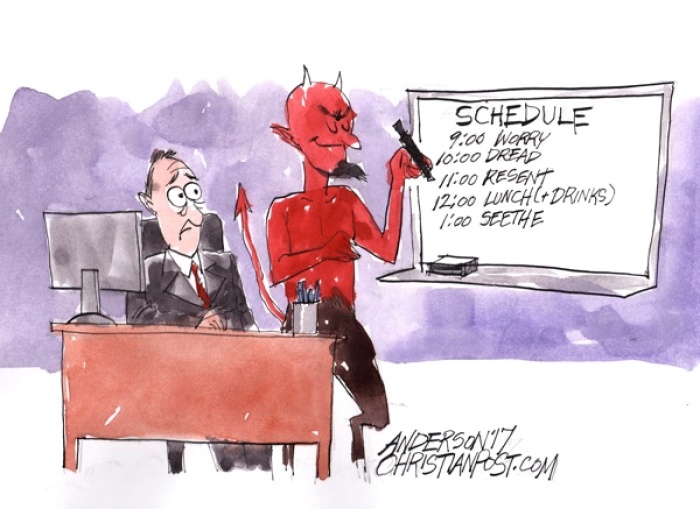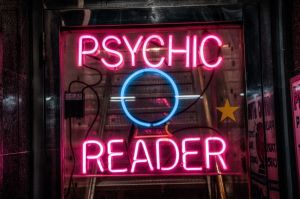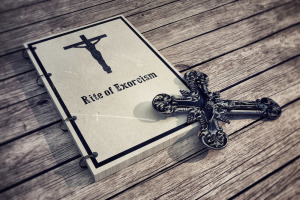If God Is Good Why Is There Evil?

Why is there evil in the world?
There is evil because God gave humans a choice.
Love is a choice, after all.
And from the garden, to now, we have chosen sin.
But let's back up...
It's hard to even call one thing "good" and another thing "evil" when you take God out of the equation.
For if we are all stardust and colliding atoms without free-will, how can there be "good" and "bad?"
Everything becomes, "What is."
Without God and the ability to differentiate between what is good and what is evil, we quickly begin bumping into all kinds of metaphysical things that are difficult to answer.
For instance: If humans are mere animals? Why is genocide any worse than killing an ant colony?
Or: Why is such a loss felt with the death of a loved one?
I like the way that Christian Apologist Ravi Zacharias states it in his book, The End Of Reason:
"When you assert that there is such a thing as evil, you must assume there is such a thing as good. When you say there is such a thing as good, you must assume there is a moral law by which to distinguish between good and evil. There must be some standard by which to determine what is good and what is evil. When you assume a moral law, you must posit a moral lawgiver—the source of the moral law. But this moral lawgiver is precisely who atheists are trying to disprove."
I thought about this passage for a few days and did have one objection to the line of reasoning.
I wondered: Why do you have to have a moral lawgiver to have a moral law?
Well after a little digging I found the answer.
Zacharias continues the idea:
"You may ask, Why does assuming a moral law necessitate a moral lawgiver? Because every time the question of evil is raised, it is either by a person or about a person—and that implicitly assumes that the question is a worthy one. But it is a worthy question only if people have intrinsic worth, and the only reason people have intrinsic worth is that they are the creations of One who is of ultimate worth. That person is God. So the question self- destructs for the naturalist or the pantheist. The question of the morality of evil or pain is valid only for a theist."
This is an interesting point.
The question of evil is raised only "by a person or about a person."
Animals kill and eat each other every day, after all. And they do it without reflection on the meaning of life, their duty and the possibilities of evil.
Animals react to instinct and our ability to consider more is part of what sets us apart.
In his book Father Fiction, writer Donald Miller said:
"But what really lead me to spiritually was a desire to believe I was human and that being human mattered."
You matter too.
And I hope after a long night sleep tonight, we both get up tomorrow and daily choose the goodness that God offers.




























